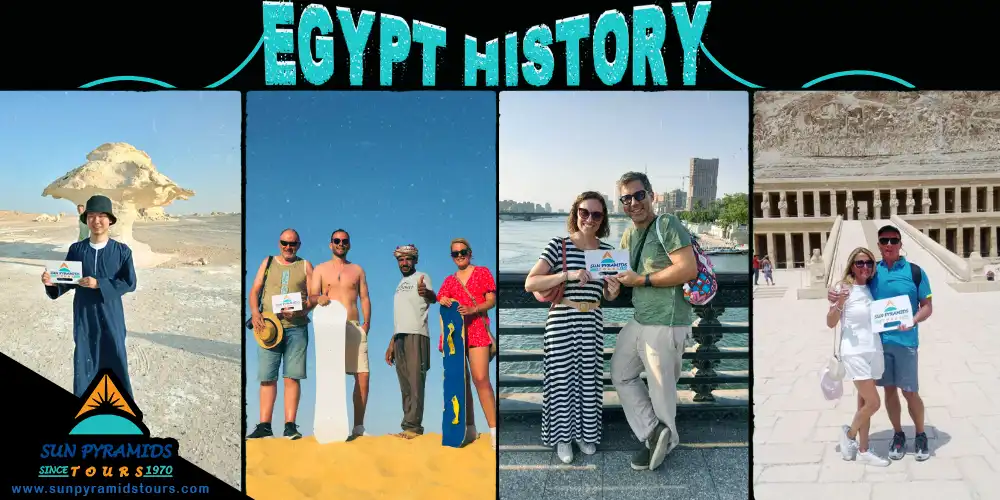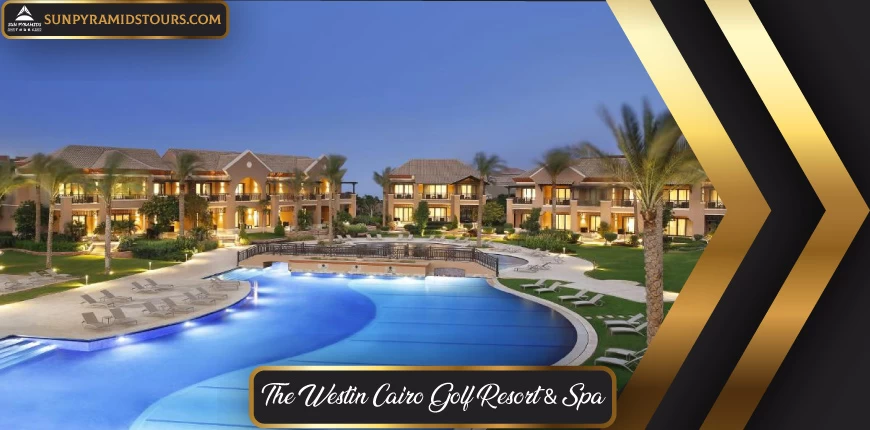A Comprehensive Guide to Egypt: History, and Diverse Tourism Experiences
Table of Content
Overview of Egypt's History
Egypt Location - Where is Egypt
The Climate of Egypt
Egypt from the Agriculture Side
Egypt from the Industry Side
Egypt from Commerce Side
Tourism in Egypt
Historical Tourism in Egypt
Cultural Tourism in Egypt
Recreational Tourism in Egypt
Religious Tourism in Egypt
Medical Tourism in Egypt
A Comprehensive Guide to Egypt: History, and Diverse Tourism Experiences
Egypt, a land of ancient wonders and vibrant culture, offers travelers an unforgettable experience. From its rich history to its diverse geography and economy, Egypt is a captivating destination. Explore its deep-rooted agricultural traditions, industrial progress, and thriving commerce while enjoying various forms of tourism, including historical, cultural, and medical. Sun Pyramids Tours invites you to discover Egypt's beauty and heritage through our expertly crafted tours.
Overview of Egypt's History
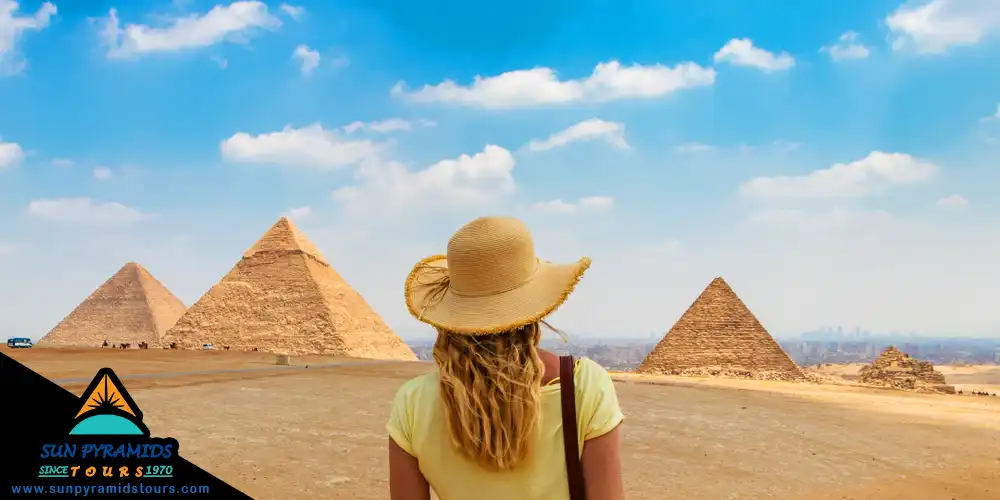
Egypt boasts a history stretching over 5,000 years, marked by its transformation from scattered settlements into one of the greatest civilizations. Unified around 3,100 BC under King Menes, Egypt became a powerful kingdom. The annual flooding of the Nile River, referred to by Herodotus as the 'Gift of the Nile' was central to Egypt’s prosperity, supporting its agricultural wealth and fueling monumental projects. For millennia, pharaohs such as Queen Hatshepsut and Ramses the Great oversaw the creation of timeless monuments like the pyramids of Giza, The Sphinx, and the temples of Karnak and Abu Simbel.
Following the reign of the pharaohs, Egypt came under the control of foreign powers, including the Greeks, Romans, and Byzantines. The Arab conquest in the 7th century brought Islam and Arabic, shaping Egypt’s cultural and religious identity. Throughout history, Egypt has remained a significant center of power and culture, leaving an indelible mark on world heritage. Today, Egypt's legacy continues to inspire and attract visitors from around the globe.
Egypt Location - Where is Egypt?
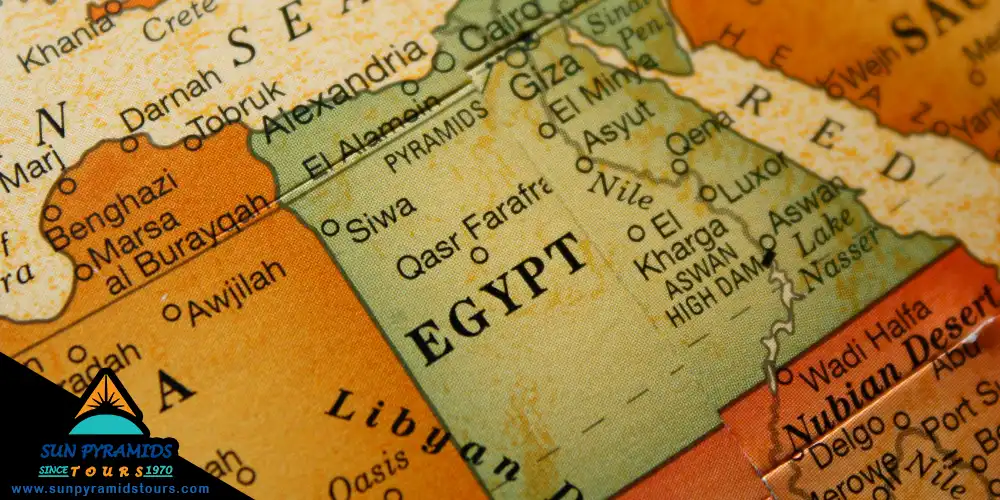
Located in North Africa, Egypt connects Africa and the Middle East through its strategic position, including the Sinai Peninsula. Egypt is bordered by the Mediterranean Sea to the north, separating it from Europe. To the east, it shares borders with Palestine, the Red Sea, and the Gulf of Aqaba, which divides it from Jordan and Saudi Arabia. Sudan lies to the south, and Libya to the west. This unique geographic position has made Egypt a crucial crossroads between continents and cultures throughout history. Egypt's Location remains pivotal for trade, travel, and cultural exchange.
The Climate of Egypt
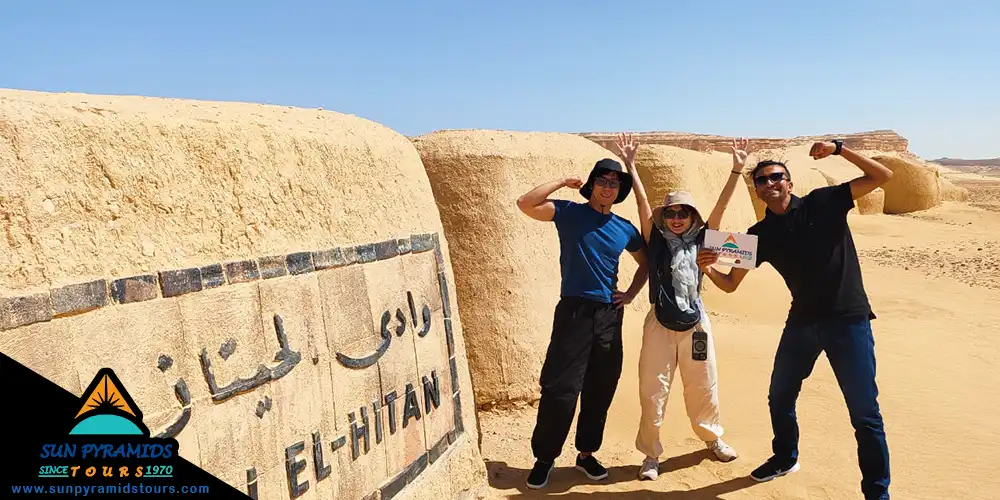
Egypt has a predominantly desert climate, characterized by hot, dry, and sunny conditions year-round. In summer, temperatures can soar to 40°C (104°F), particularly in the desert regions. However, from September to April, the weather becomes milder, with cooler temperatures, especially in the winter months.
This period is ideal for tourists, as the more tolerable climate creates perfect conditions for exploring Egypt’s ancient monuments and cities, including Cairo, Alexandria, Luxor, and Aswan. The Red Sea resorts like Hurghada and Sharm El Sheikh also experience pleasant weather during these months. The Climate of Egypt plays a crucial role in shaping the visitor experience, especially during the winter season.
Egypt from the Agriculture Side
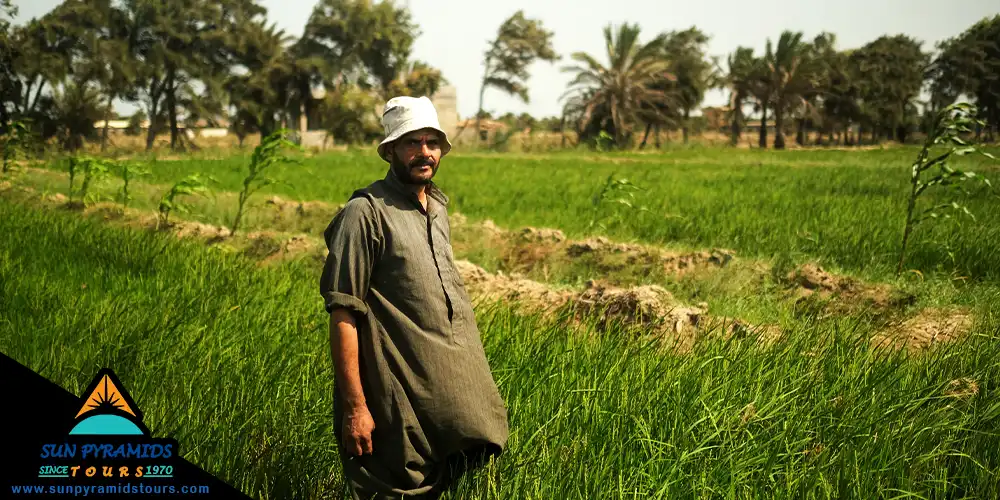
Egypt’s economy has long relied on agriculture, made possible by the life-giving Nile River. Flowing from the south to the north, the river nourishes the land, leaving behind nutrient-rich silt that makes the surrounding valley fertile. This fertile area has been a source of prosperity since ancient times, enabling the cultivation of crops like cotton, wheat, and various fruits. The abundance of agricultural production continues to sustain Egypt’s population and plays a crucial role in its economy, both for local consumption and export.
Egypt from the Industry Side

Egypt has developed a robust industrial sector that builds on its natural resources and agricultural output. Factories across the country process materials like cotton, harvested from Egypt's fertile lands, and minerals such as gold and gemstones mined from the desert.
Over time, Egypt has diversified into modern industries such as textiles, chemicals, and food processing, with the government actively promoting growth to strengthen the economy. This mix of traditional and modern sectors is a testament to the country's evolving industrial landscape. Egypt's Industry continues to play a key role in economic development.
Egypt from Commerce Side
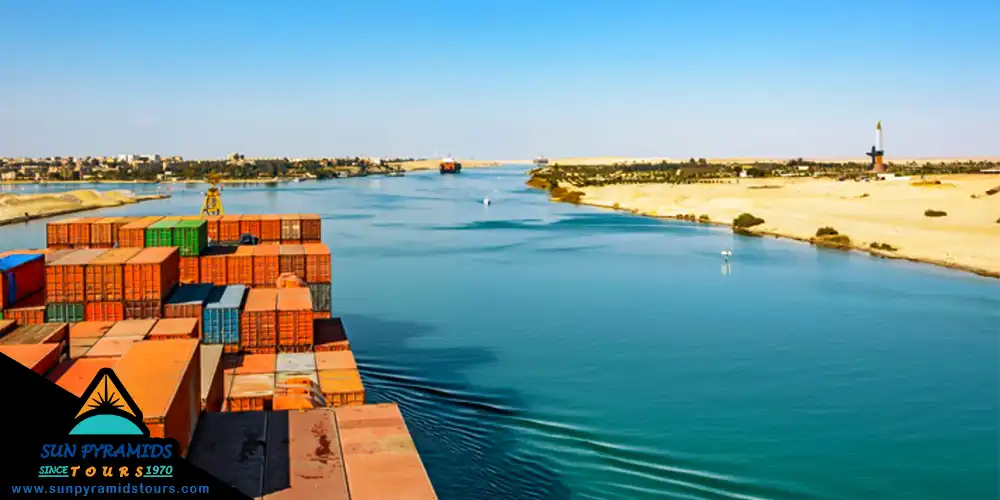
Egypt holds a prominent position in global commerce due to its strategic location, with the Suez Canal acting as a vital artery for international trade. The canal provides the shortest route between the Red Sea and the Mediterranean, making it indispensable for global shipping.
In addition to the Suez Canal, Egypt boasts several important ports, such as those in Alexandria and Port Said, which further enhance its commercial capabilities. Beyond its trade routes, Egypt participates in key sectors like industry and tourism, making it a significant player in global commerce and a hub for various economic activities.
Tourism in Egypt

Tourism in Egypt is a major economic force, drawing millions of visitors to explore its rich heritage. Known as the 'Land of Pharaohs', Egypt is home to some of the most iconic and ancient monuments in the world. The Pyramids of Giza, the Sphinx, temples, and tombs scattered across the Nile Valley all testify to the incredible artistry and innovation of the ancient Egyptians.
In addition to its historical sites, Egypt offers a variety of experiences, including Nile cruises and cultural festivals, making it a year-round destination. Egypt’s unique blend of history, culture, and natural beauty ensures it remains at the top of many travelers' bucket lists.
Historical Tourism in Egypt
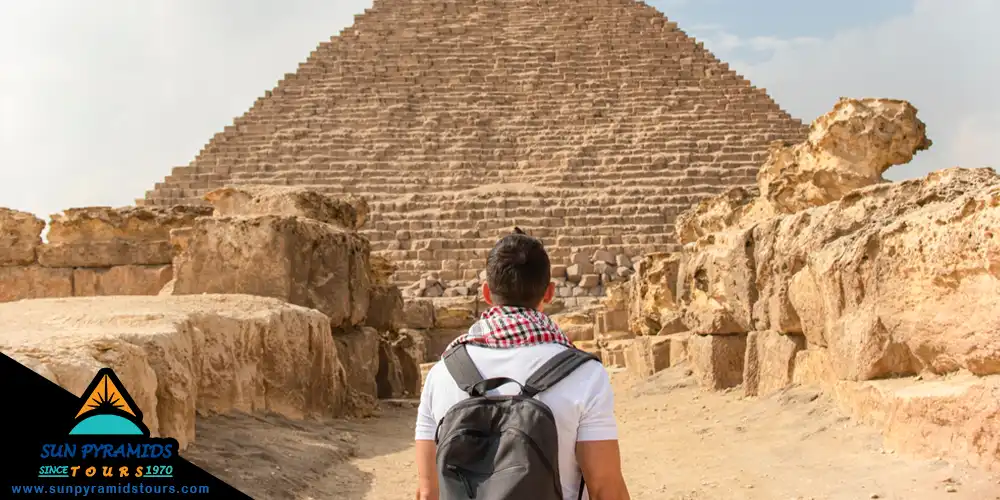
Historical Tourism in Egypt offers visitors the chance to explore some of the most remarkable monuments in human history. Egypt holds two-thirds of the world’s ancient monuments, with the iconic Great Pyramid, one of the Seven Wonders of the Ancient World, standing alongside the Great Sphinx. In Upper Egypt, Luxor and Aswan are home to awe-inspiring temples and tombs that have survived for over 4,000 years. Museums across the country showcase rare artifacts, treasures, and mummified remains of ancient kings, immersing visitors in Egypt's rich past. Historical Tourism in Egypt continues to captivate travelers seeking to connect with ancient civilizations.
Cultural Tourism in Egypt
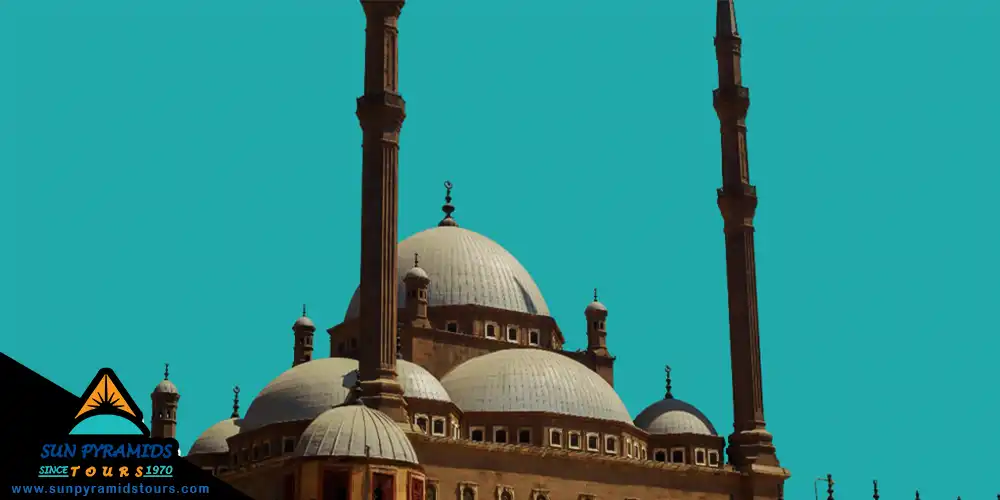
Egypt’s cultural tourism is diverse and deeply rooted in its rich history, with landmarks spanning various eras and faiths. In Cairo, the Salah El-Din Citadel dominates the skyline, housing the grand Mohammed Ali Mosque. Nearby, significant mosques such as Amr Ibn Alas and Sultan Hassan reflect Egypt's Islamic heritage, while Coptic landmarks like the Hanging Church offer a glimpse into Egypt’s Christian past.
In Alexandria, the Citadel of Qaitbay stands where the famous Lighthouse of Alexandria once guided sailors. These monuments provide a profound connection to Egypt's multifaceted past, making it a prime destination for Cultural Tourism in Egypt.
Recreational Tourism in Egypt

Egypt offers a wealth of recreational activities, making it a top destination for those seeking both adventure and relaxation. Along the Mediterranean coast, cities like Alexandria, the North Coast, and Marsa Matrouh provide beautiful beaches and pleasant summer climates. On the Red Sea, popular spots such as Hurghada, Marsa Alam, El Gouna, and Sharm El Sheikh are known for their year-round tropical weather and stunning beaches with clear waters.
Visitors can enjoy snorkeling, diving, and exploring vibrant coral reefs filled with colorful marine life. For those seeking desert adventures, quad biking, and jeep safaris through the Western Desert offer a unique experience, including the chance to camp under the stars. Recreational Tourism in Egypt combines natural beauty with thrilling activities, offering something for every traveler.
Religious Tourism in Egypt
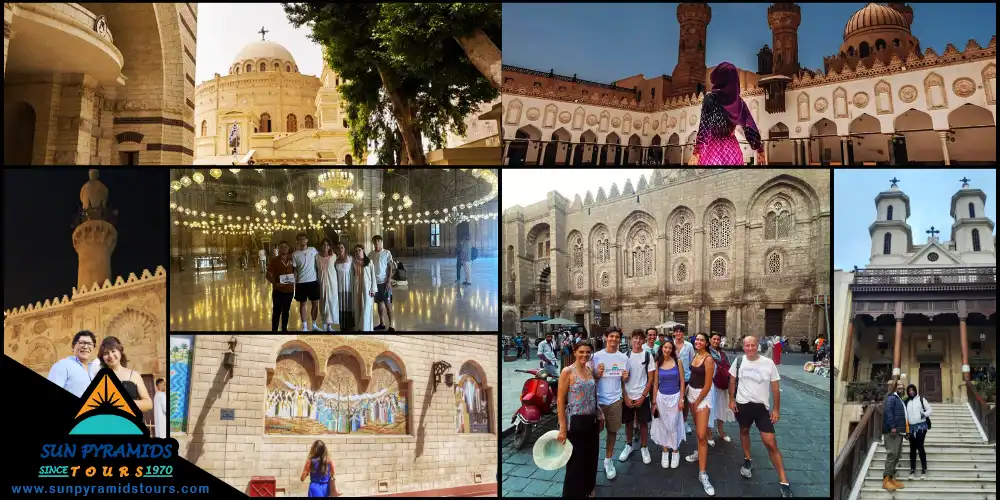
Religious tourism in Egypt spans centuries, offering visitors a glimpse into sacred sites from the Islamic, Christian, and Jewish faiths. In Cairo, Islamic landmarks such as the Ibn Tulun Mosque, Amr Ibn Al-As Mosque, and Al-Azhar University, the world’s largest center of Islamic learning, attract students and pilgrims alike. Coptic heritage is also well-preserved, with important Christian sites like the Hanging Church and Abu Serga Church.
In addition, the Ben Ezra Synagogue serves as a reminder of Egypt’s rich Jewish history. In Sinai, sites like Mount Sinai and St. Catherine’s Monastery hold significance for all three Abrahamic religions, drawing pilgrims from across the globe. Religious Tourism in Egypt offers a profound exploration of sacred history.
Medical Tourism in Egypt
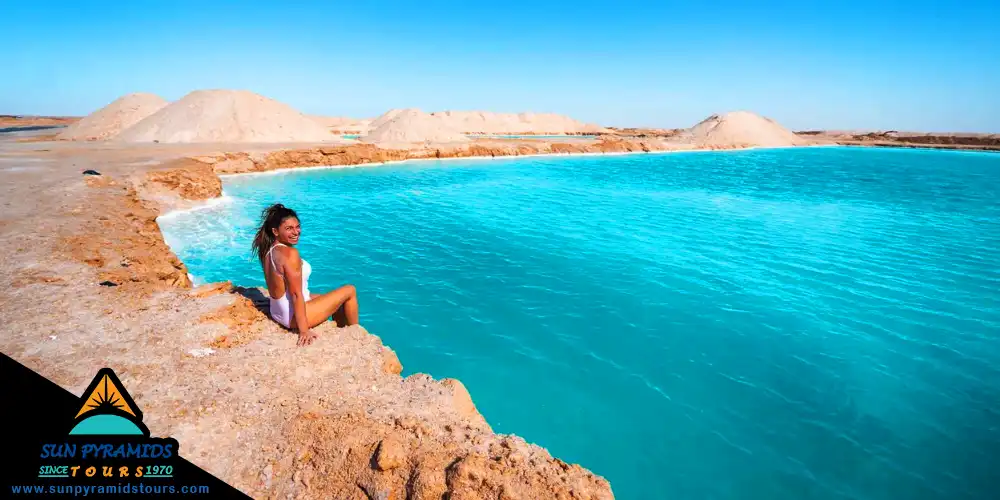
Medical tourism in Egypt is gaining popularity due to its unique natural resources and therapeutic landscapes. Wellness seekers are drawn to Egypt for its healing hot springs, particularly in locations like Siwa Oasis and Helwan, known for their medicinal benefits. Sand baths in areas like Aswan are used to treat ailments such as arthritis, offering natural therapies that have been part of Egypt’s tradition for centuries.
The combination of ancient practices and modern medical treatments attracts those looking for both relaxation and recovery. As Medical Tourism in Egypt continues to grow, it offers visitors a chance to rejuvenate their bodies and spirits while enjoying the country’s rich cultural heritage.
Discover Egypt's wonders through Sun Pyramids Tours. Our expertly crafted itineraries offer unique experiences across the country, from history to adventure. Book your journey today!
Why do I book with Sun Pyramids Tours?
- Expertise and Experience: Sun Pyramids Tours has 53 years of experience in the travel and tourism industry.
- Customized Itineraries: Sun Pyramids Tours offers tailored itineraries to suit your preferences. Whether you're interested in historical sites, cultural immersion, or adventure activities, we can design a tour that matches your interests.
- Local Connections and Insider Access: Sun Pyramids Tours can provide you with unique opportunities and insider access to attractions and experiences that may not be easily accessible to independent travelers.
- Hassle-Free Planning: Sun Pyramids Tours can take the stress out of planning your trip. We handle all the logistics, including accommodations, transportation, and guided tours, at competitive prices Relax and enjoy your vacation without worrying about the details.
- Customer Satisfaction: Sun Pyramids Tours prides itself on providing excellent customer service and ensuring customer satisfaction. They strive to meet and exceed your expectations, making your trip enjoyable and memorable. Add trip advisor reviews, Facebook page reviews, etc.
- Safety and Security: Sun Pyramids Tours prioritizes the safety and security of their guests. We work with trusted partners, adhere to safety guidelines, and provide support throughout your journey to ensure a safe and comfortable travel experience.
Egypt warmly welcomes visitors with its majestic Nile River, desert landscapes, and the fertile Delta, along with its remarkable and awe-inspiring landmarks. With our Egypt tour packages, you’ll have the chance to uncover the most mesmerizing wonders of the land of the Pharaohs, including the iconic Giza Pyramids, the Great Sphinx, Abu Simbel, the Karnak temples, and so much more. The Nile River is also the perfect setting for one of our Nile cruises, where you can sail through history, admiring the magnificent monuments between Luxor and Aswan. The opportunity is right here for you—don’t miss out, book with us today!
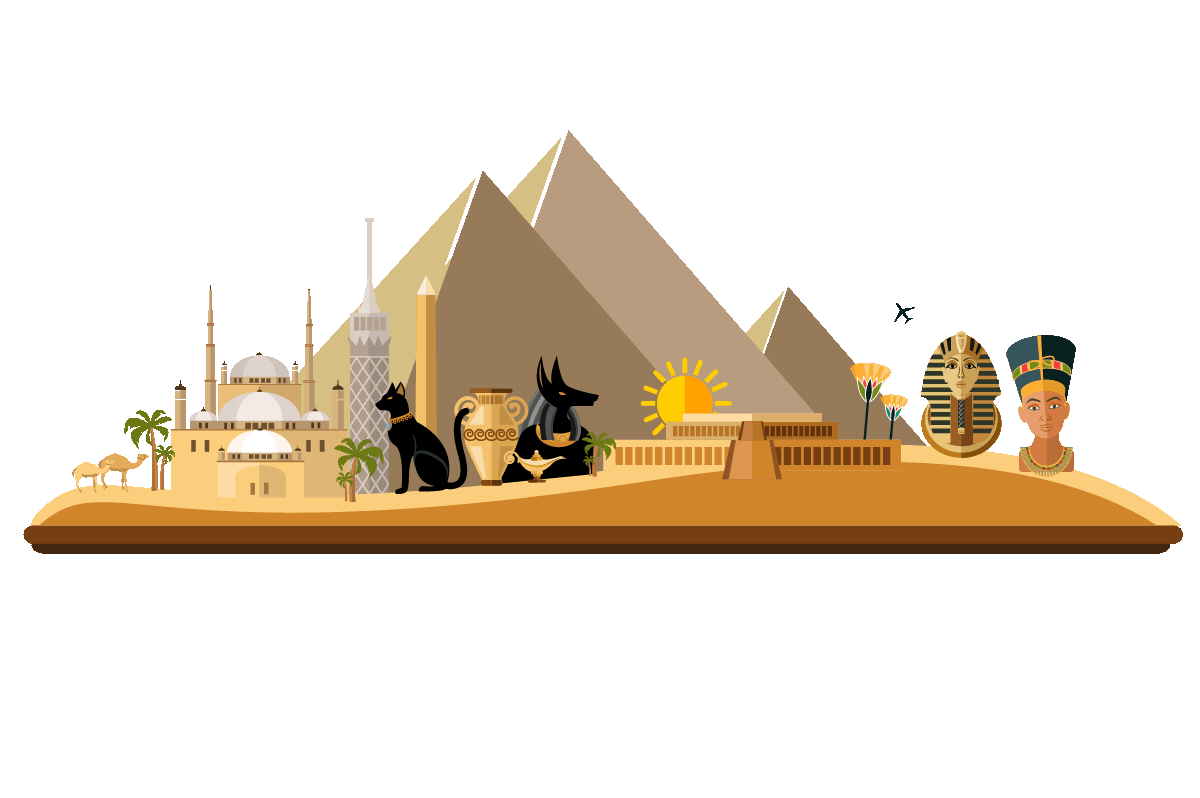
.DvizhAGb.gif)
Plan your next adventure now
Related Tours
Frequently Asked Questions
See more

There are no frequently asked questions :)
Related Blogs
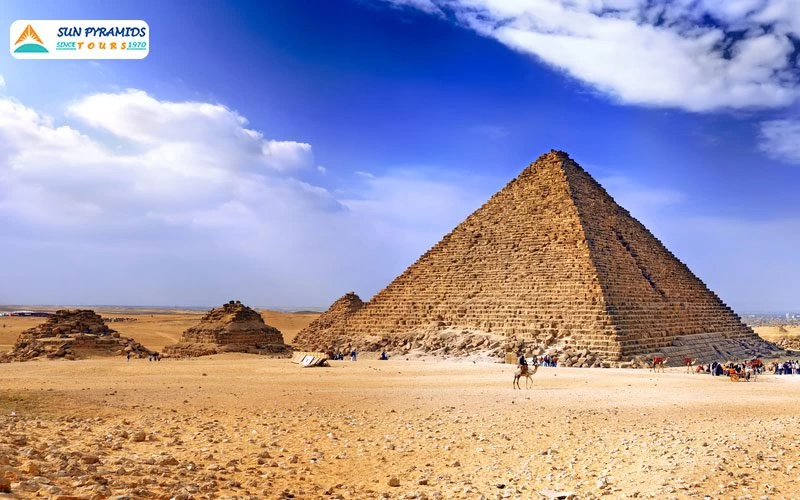
Plan A Trip to Egypt
+1 more
Ultimate Guide: How To Plan A Trip To Egypt
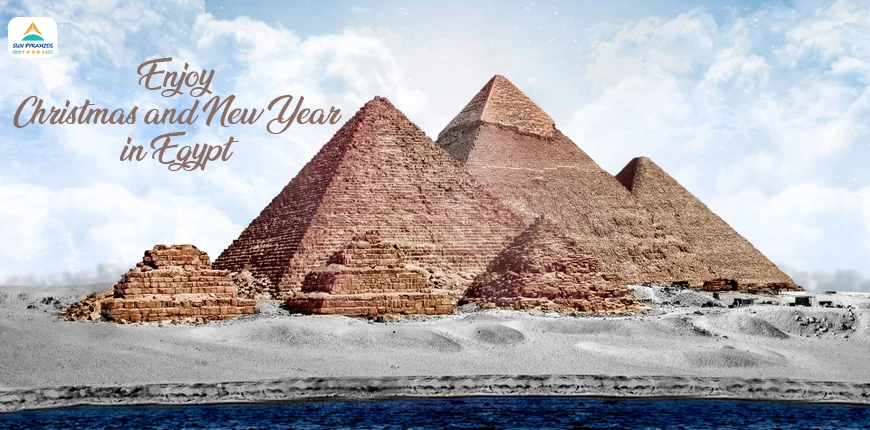
Christmas and New Year in Egypt
+1 more
Christmas and New Year in Egypt

Egypt Hidden Gems
+1 more
Egypt Hidden Gems
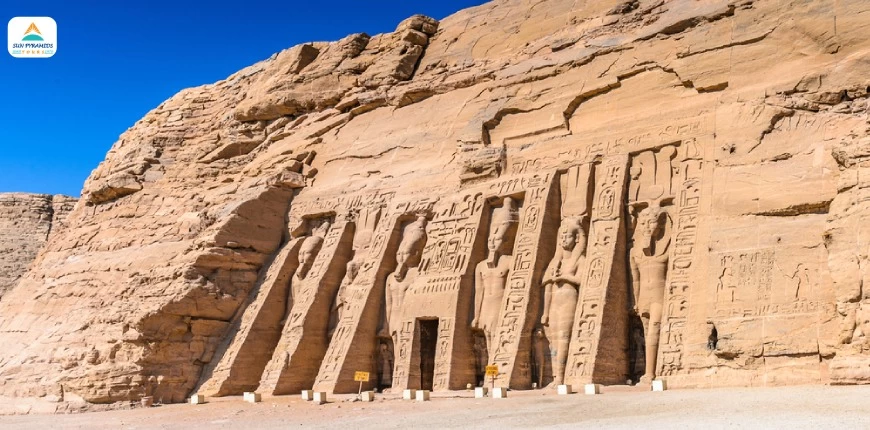
Abu Simbel Temple
+1 more
Abu Simbel Temple
Need help to Finding your Trip?
Offers
Make Trip
trips
Home
